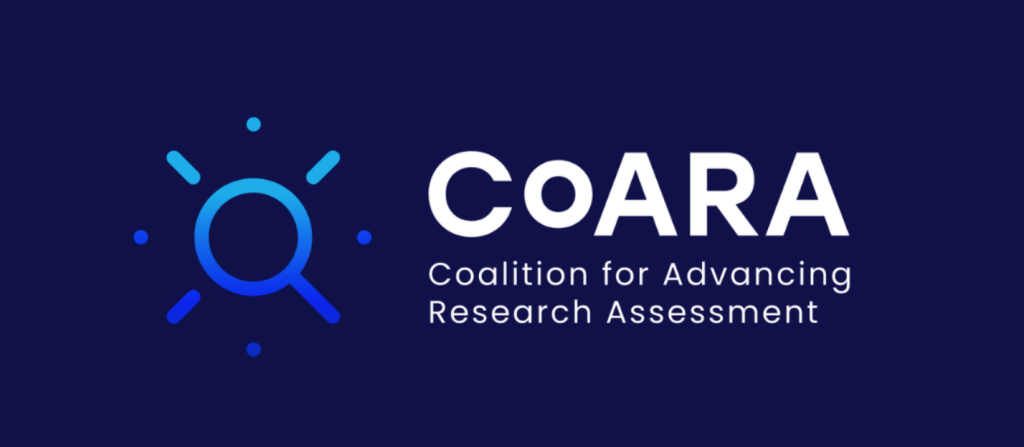We are happy to inform you that the call for papers for the DARIAH Annual Event 2026 on the topic of Digital Arts and Humanities With and For Society: Building Infrastructures of Engagement is now open! The deadline for submitting contributions is December 22.
This year we seek to explore how digital, social and institutional infrastructures can support engaged research, and nurture generosity, participation and shared creativity in the digital arts and humanities.
We welcome contributions in the form of:
- Papers
- Panels
- Posters and Demos
The 2026 DARIAH Annual Event is planned to take place on May 26th-29th in Rome, Italy. May 26th will be a day for DARIAH internal meetings, followed by the main conference on May 27th to 29th.
Find all information on the event at https://annualevent.dariah.eu/
More information on the Call for Papers at https://annualevent.dariah.eu/call-for-papers/
If you have any questions or comments, please do not hesitate to get in touch with us at annualevent@dariah.eu.

DARIAH ERIC has released its CoARA Progress Report and Action Plan for 2025–2027, reaffirming its commitment to advancing responsible and inclusive research assessment in the arts and humanities.
Since becoming a founding member of the Coalition for Advancing Research Assessment (CoARA) in November 2022, DARIAH has been an active voice in Europe’s research assessment reform movement. The Coalition champions a shift from narrow, journal-based metrics towards qualitative, contextual, and transparent evaluation.
Over the past three years, and building on its 2023 position paper on The Role of Research Infrastructures in the Research Assessment Reform, DARIAH has translated the CoARA principles into tangible outcomes: from pioneering open peer review practices in Transformations, our own diamond, open-access, peer-reviewed journal, to developing assessment criteria for non-traditional research outputs in the context of the ATRIUM project.
“Research infrastructures play a unique role in shaping a culture of responsible assessment,” says Toma Tasovac, DARIAH’s Director Emeritus and Strategic Advisor to the Board of Directors. “We support evaluation models that value openness, interdisciplinarity, and the real, diverse ways in which arts and humanities researchers create knowledge and contribute to research infrastructures.”
The newly published Progress Report and Action Plan brings together DARIAH’s achievements from 2022–2024 and sets out a strategic roadmap for 2025–2027. It outlines clear priorities for implementing DARIAH’s CoARA commitments and for sustaining momentum towards a more equitable and transparent research assessment ecosystem.
“Sharing DARIAH’s CoARA Action Plan means a lot to us,” said DARIAH Open Science Officer Françoise Gouzi. “It shows how we’re putting research assessment principles into action, embedding openness, transparency and reusability in our day-to-day editorial and institutional practices.”
Through these efforts, DARIAH continues to connect policy, infrastructure, and community, helping to ensure that research assessment reform in Europe reflects the diversity, creativity, and collaborative ethos of the arts and humanities.


